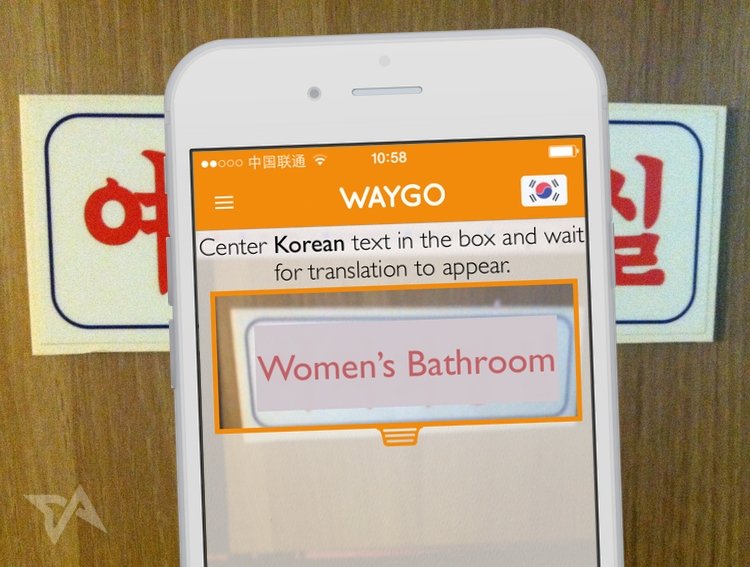Jonathan Blum
When it comes to tea, knowing the local language is what turns leaves into profits, according to Elyse Petersen, CEO of Las Vegas-based online marketplace Tealet. Petersen travels to China and Japan several times per year to source products; the problem is, no one on her four-person staff speaks or reads Japanese or any Chinese dialect.
In an effort to streamline Tealet’s transcription burden, Petersen began experimenting with transliteration tools and found Waygo, a mobile app that takes a snapshot of, say, a menu, street sign or document, and translates the text into basic English. The app doesn’t need to connect to the web to work; a week of use runs $1.99, and lifetime usage costs $6.99.
Petersen uses Waygo to assist her local translators, who often struggle with written business texts like sales presentations and memos. “With the app I can figure out what a memo, slide deck or dinner menu is basically about,” she says. “That lets the meeting stay about business and not about the fact that I can’t tell the pork on the menu from the turtle.”
“The app is all about ‘helping in the moment’ of travel or direct conversations,” says Ryan Rogowski, CEO of Mountain View, Calif.-based Waygo. Since launching in 2013, it has logged more than 1 million translations, and Rogowski expects that number to jump once his seven-person team launches new languages for the app later this year. (He wouldn’t reveal which ones.)
For Petersen, Waygo has become a welcome companion on buying trips. “I don’t see this replacing a translator or guide,” she says. “But it’s a clever, low-cost tool.”


